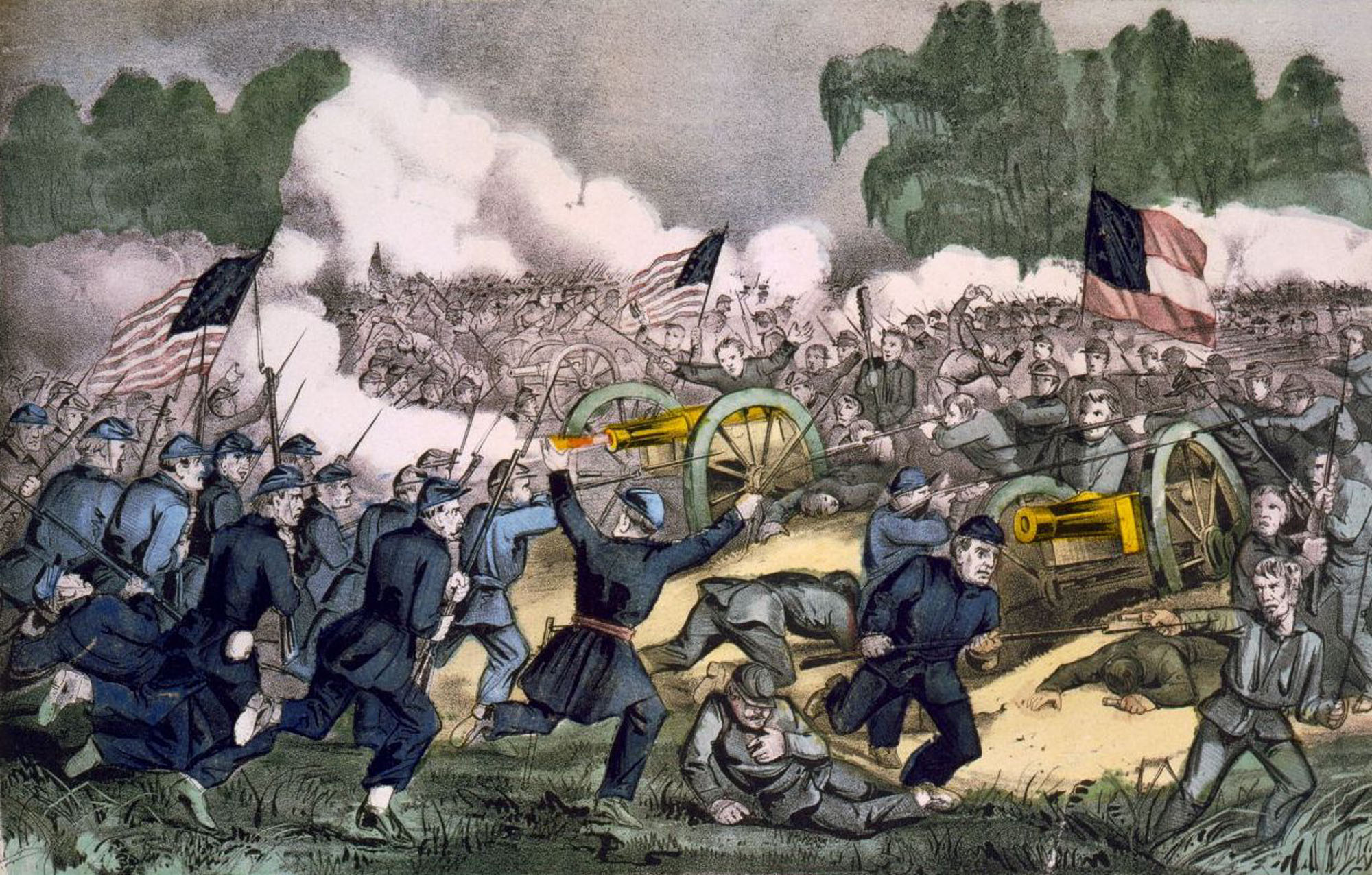It was the biggest battle of the war, unequaled in scale and violence by anything seen before or since in North America. Two immense armies collided in the fields and orchards and woods around Gettysburg, Pennsylvania, on July 1, 1863, and fought for three days with no quarter given, in arguably the pivotal moment of the great conflict that sits at the heart of American history.
Abraham Lincoln called what happened in Gettysburg "a new birth of freedom," a phrase that chiseled its way into our national civic poetry and the wall of his memorial. The battle was also an epic slaughter, the bloodiest chapter in a fratricidal war. The National Park Service records 3,155 Union and 3,500 Confederate deaths over the three days, but some students of the battle believe that the Confederate death toll was much higher. Thousands more were mortally wounded. Casualties — including wounded, captured and missing — topped 50,000 for the two armies combined. By a wide margin, Gettysburg spilled more blood than any other Civil War engagement.
Lincoln's famous address that November honored the men who stood their ground against a furious assault. But the story of Gettysburg, as we usually tell it today, wheels back to the other side of the field, to the Army of Northern Virginia, and its revered, almost sainted commander, Gen. Robert E. Lee. Because Gettysburg was Lee's fatal blunder.



